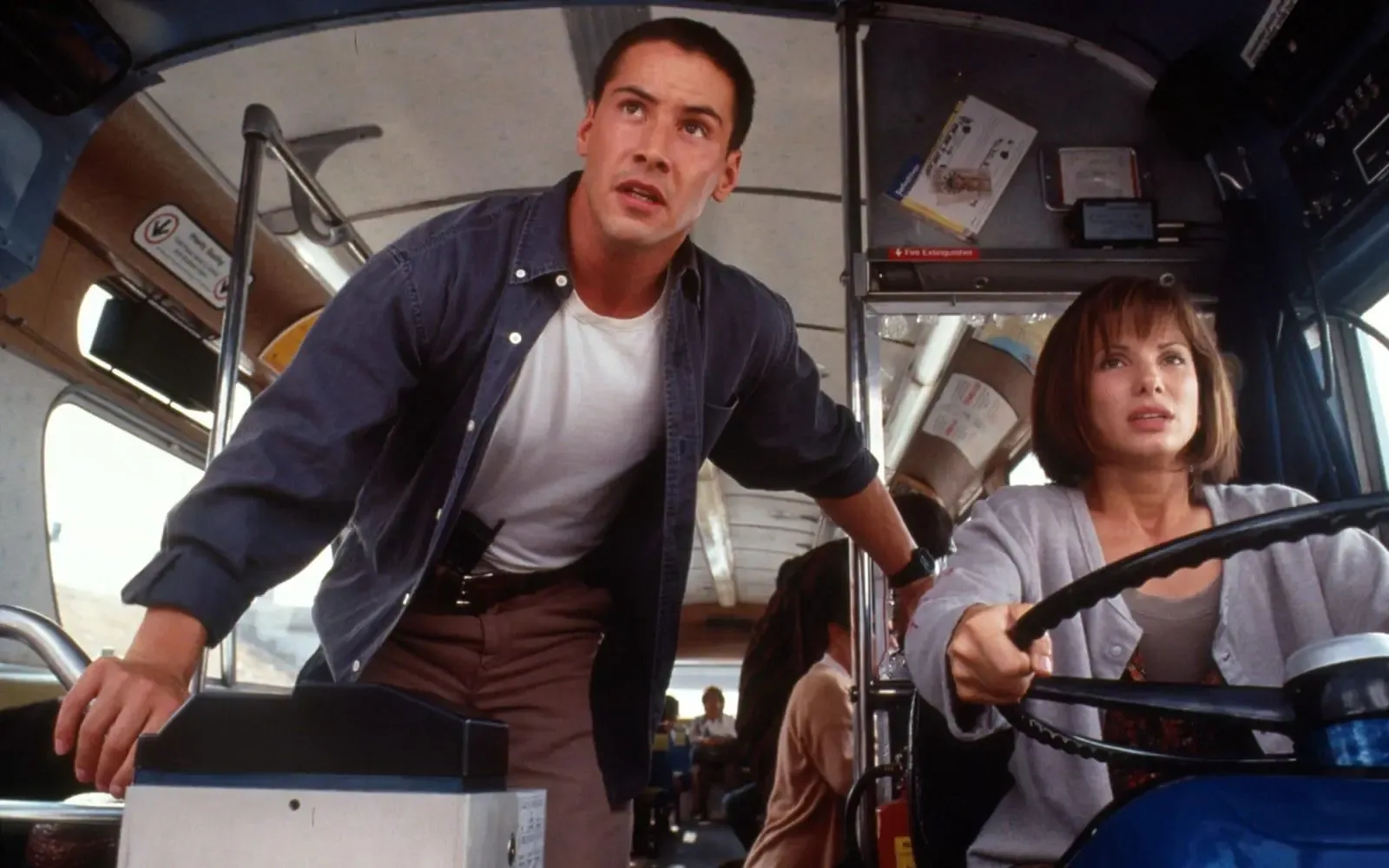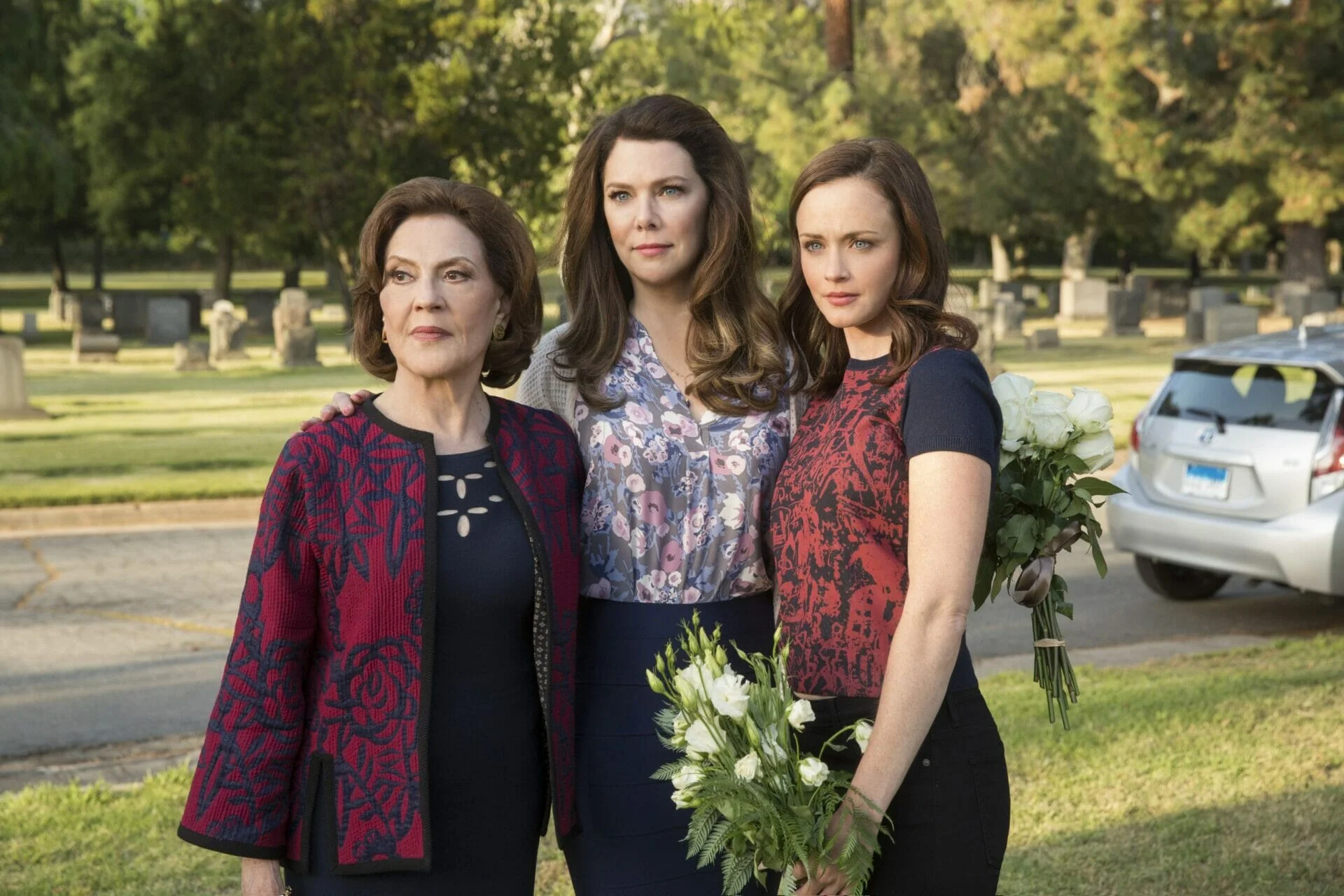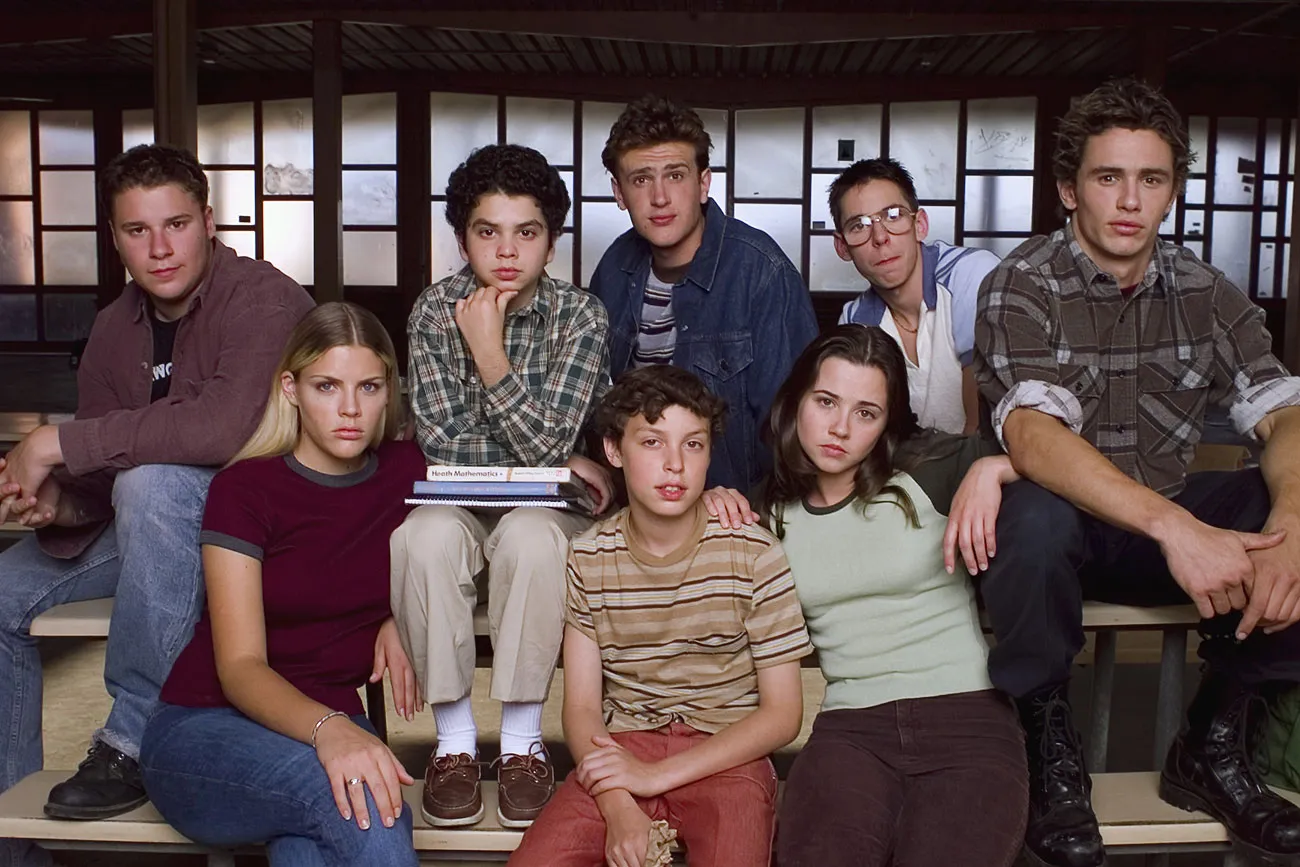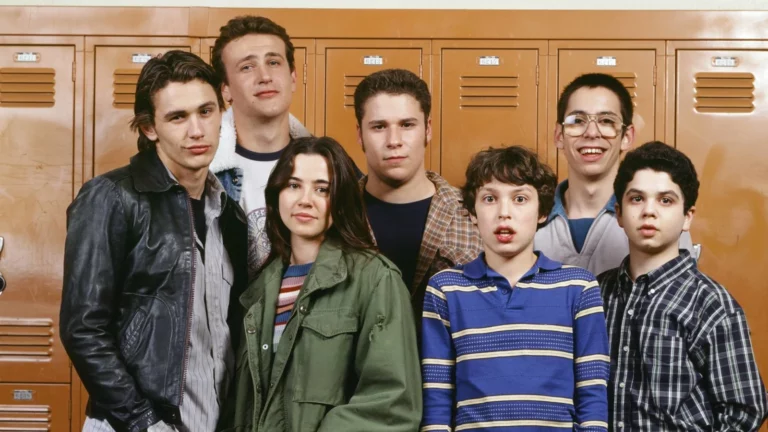“Freaks and Geeks,” the short-lived yet profoundly influential TV series, continues to resonate with audiences for its raw, unfiltered portrayal of high school life, masterfully balancing humor, drama, and an unapologetically realistic view of adolescence. As a cultural artifact, the show not only captured the essence of teenage awkwardness but also defied the norms of network television with its clever approach to contentious issues like drug use.

Tackling Taboos: How the Show Navigated Censorship
The series, created by Paul Feig and executive produced by Judd Apatow, offered a look at the lives of two disparate groups—the burnouts and the geeks—at a Michigan high school in the early 1980s. With its debut in 1999, “Freaks and Geeks” quickly set itself apart by dealing with real issues that teens faced, something that Feig described as akin to what one might expect from an HBO series, raw and unfiltered.
One of the most memorable episodes, “Chokin’ and Tokin’,” exemplifies how “Freaks and Geeks” pushed the boundaries of what was acceptable on network television. In this episode, the character Lindsay Weir grapples with peer pressure and her own curiosity, leading her to try marijuana for the first time—an act that unfolds with both humor and disastrous consequences.

Paul Feig, in a candid chat with Collider, shared how the episode came to be, noting the dance with NBC’s censors: “The pot episode, which was the last one that ever aired, and there’s a lot of people say that it got us cancelled, we used to call the censor to ask what we could get away with.” Feig’s approach allowed the show to explore such a controversial topic by agreeing to show the negative impact on the character, aligning with the network’s stipulations that substance use must not be glorified.
The Cultural Impact and Untimely Cancellation of “Freaks and Geeks”
Despite the critical acclaim and a devoted fan base, “Freaks and Geeks” faced an uphill battle in terms of viewership. Its initial timeslot, Saturday at 8 pm, did not do it any favors, and even a move to Mondays couldn’t save it from the fierce competition posed by established shows like “Cops,” “Early Edition,” and various prime-time movies.

The show’s cancellation after just one season left many unanswered questions about the potential stories and character arcs that could have been explored. Yet, the legacy of “Freaks and Geeks” persists, influencing countless shows that followed and continuing to find new audiences who appreciate its honest portrayal of the highs and lows of teenage life.
“Freaks and Geeks” stands out as a pivotal series that managed to address complex issues with sensitivity and a touch of rebellion. Its approach to storytelling, character development, and thematic exploration set a new standard for teen dramas—an echo that is still felt in the industry today. As we look back, the show serves as a poignant reminder of the power of television to reflect and affect societal attitudes, making “Freaks and Geeks” a timeless piece of television history.
